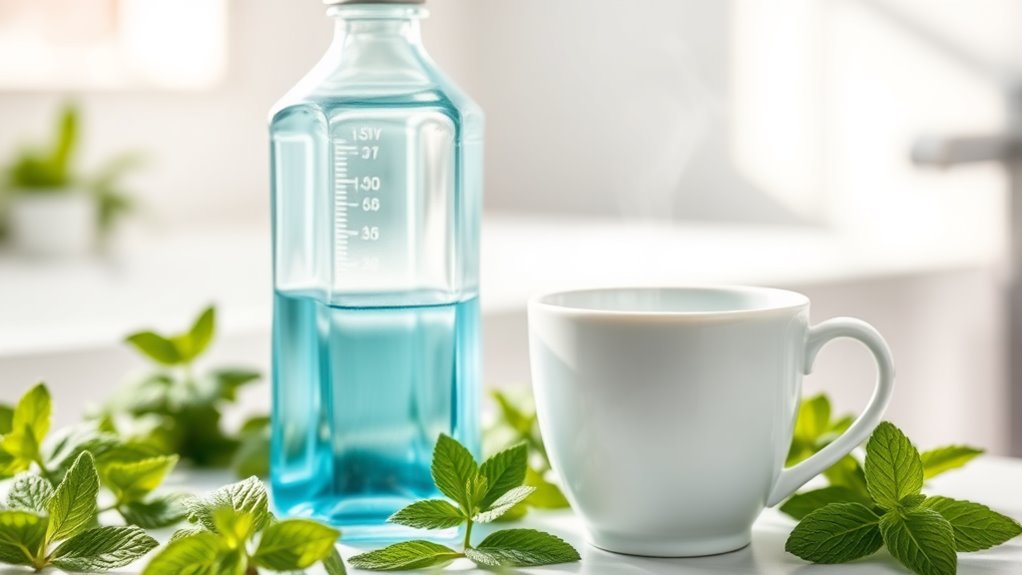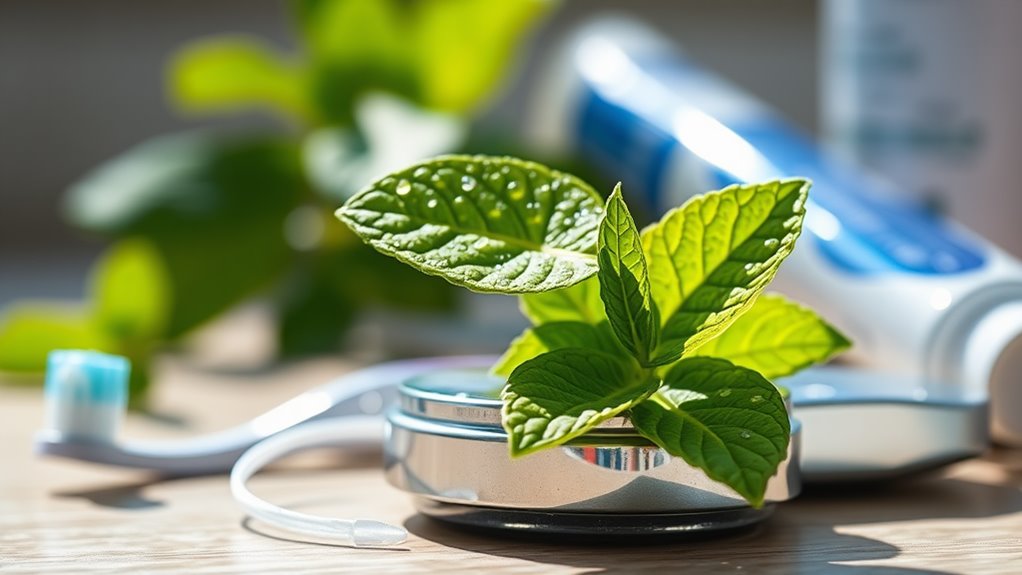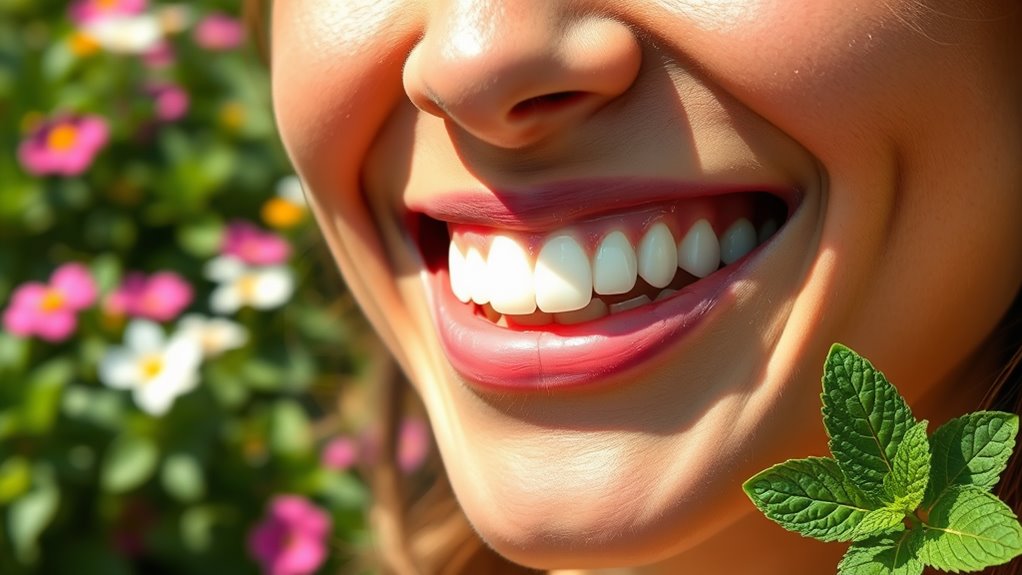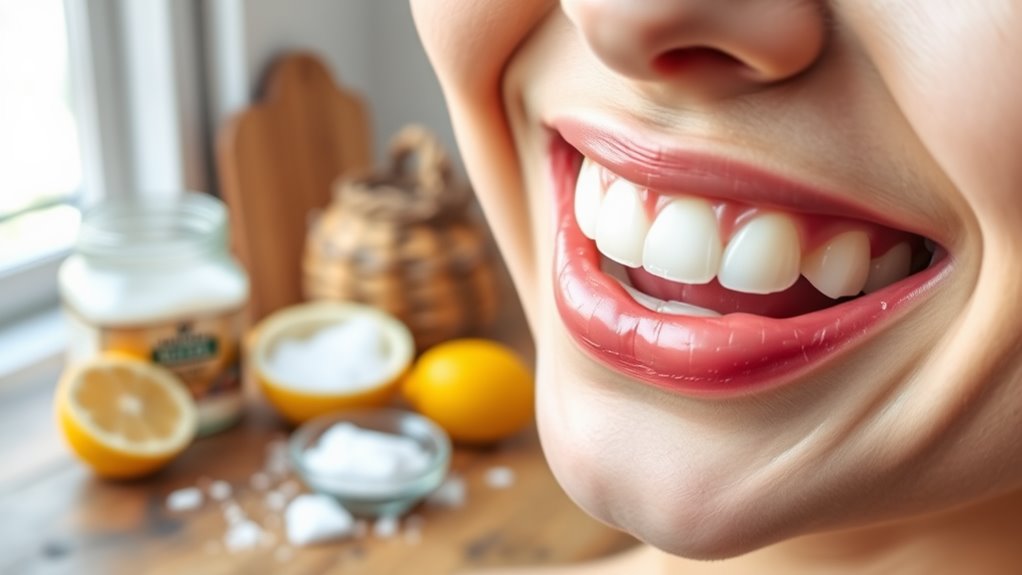Say Goodbye to Bad Breath With This Mouth Rinse
The Importance of Fresh Breath
Having fresh breath not only boosts your confidence but also plays a crucial role in social interactions.
You know the impact a pleasant scent can have when speaking with others. Instead of relying solely on store-bought products, consider using a homemade mouthwash.
It’s an easy way to ensure your breath stays fresh while embracing natural ingredients that promote oral health and hygiene.
Key Ingredients for Your Mouth Rinse
When crafting your own mouth rinse, a few key ingredients can make all the difference in effectively combating bad breath.
Look for antimicrobial agents like tea tree oil or witch hazel to kill bacteria. Aloe vera soothes your gums while peppermint oil adds a refreshing flavor. Lastly, consider adding baking soda to neutralize odors and balance pH, enhancing overall effectiveness. Incorporating proper oral hygiene practices, such as regular brushing and flossing, can further support gum health and prevent bad breath.
Step-by-Step Recipe for Homemade Mouthwash
Creating your own homemade mouthwash can be both simple and rewarding.
Start by mixing one cup of distilled water with a teaspoon of baking soda and a few drops of essential oil, like peppermint or tea tree.
Stir well and transfer it to a bottle. Shake before each use, and enjoy fresher breath while avoiding harsh chemicals found in commercial products!
Tips for Maximum Effectiveness
To get the most out of your homemade mouthwash, consider a few key strategies.
Swish the rinse for at least 30 seconds, allowing it to reach all areas of your mouth. Use it twice daily for best results, preferably after meals.
Store your mouthwash in a cool, dark place to preserve its effectiveness and shake well before each use to activate the ingredients. Additionally, incorporating staying hydrated into your routine can further enhance the effectiveness of your mouthwash by helping to wash away food particles and bacteria.
Additional Oral Hygiene Practices to Consider
While using a mouth rinse can significantly improve your breath, incorporating additional oral hygiene practices will further enhance your overall dental health.
Brush twice a day with fluoride toothpaste and don’t forget to floss daily to remove plaque. Consider using a tongue scraper to eliminate bacteria that cause bad breath. Additionally, avoiding spicy and acidic foods can help reduce irritation in your mouth, promoting better breath.
Regular dental check-ups are also essential for maintaining a healthy smile.




